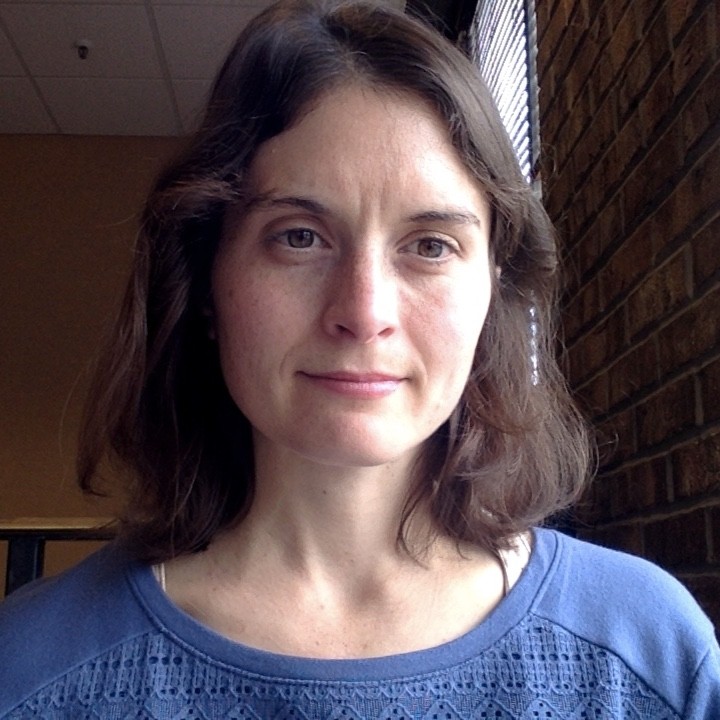This blog post is part of the Professional Stories Series, which collects stories about professionals with a degree in Spanish who did not follow the traditional path of being a school teacher or a university professor. Questions focus on skills, strategies for the job search, and career advice.
In today’s post, we interviewed Julie Lind, freelance editor, translator, and writer. Julie speaks English, and Spanish.

What is your job title and what do you do?
I'm a freelance editor, translator and writer. I offer editing, Spanish-English translation, and writing services to professionals and students in a variety of fields. Most of my clients are in academia, and have a book manuscript or article that needs polishing or stylistic assistance before publication.
What are the three most important skills needed for the job that you do?
Linguistic precision, attention to detail, and critical thinking.
How was the job search? What strategies did you implement to get the job? How did you tailor your résumé?
Instead of working for another company or a university, I realized that there were many clients out there that I could directly hire, so I began to network with them and they contract me on a freelance basis.
How does a degree in Spanish help you to get your current job? How often do you use the language at the workplace or in activities related to your job?
My degree in Spanish has given me the linguistic and critical thinking skills that have made me successful as an editor and translator. Because I have lived through the process of learning a second language, I have a particular sensitivity for working with writers of a second language, and I understand well the nuances of translation. Although I don't necessarily encounter Spanish everyday while working, I use my Spanish skills all the time through the way that I think about and approach every text with which I work.
What career advice can you offer to a student doing a Minor or a Major in Spanish?
First off, follow your heart, even if the career path of what you are studying is not very clear to you. I knew that I loved Spanish and literature, so I chose to study both even though I did not know what my career would be. The PhD program I was in was geared towards preparing students for an academic career, but there are many other career options out there for people like me, who love language/literature but do not feel like academia is the place for them. If you do not know where you will work, think about how your skills could benefit other people who are looking for those skills. I did not know where I could work as an editor, but I knew a lot of people who needed editing, translation and/or writing assistance, so I started to work on my own.
If you decide to go to graduate school, be open to the possibility --perhaps even the likelihood-- of not getting a job in academia, and embrace it. Working outside of academia opens paths that you will come to cherish and allows you to meet inspirational and kind people with unique and creative backgrounds.
You can connect with Julie via LinkedIn or via email at juliemlind@gmail.com.
I hope you can see that you have multiple opportunities with a degree in Spanish.
